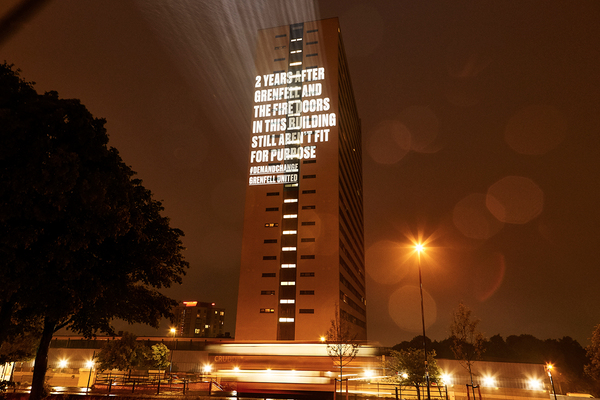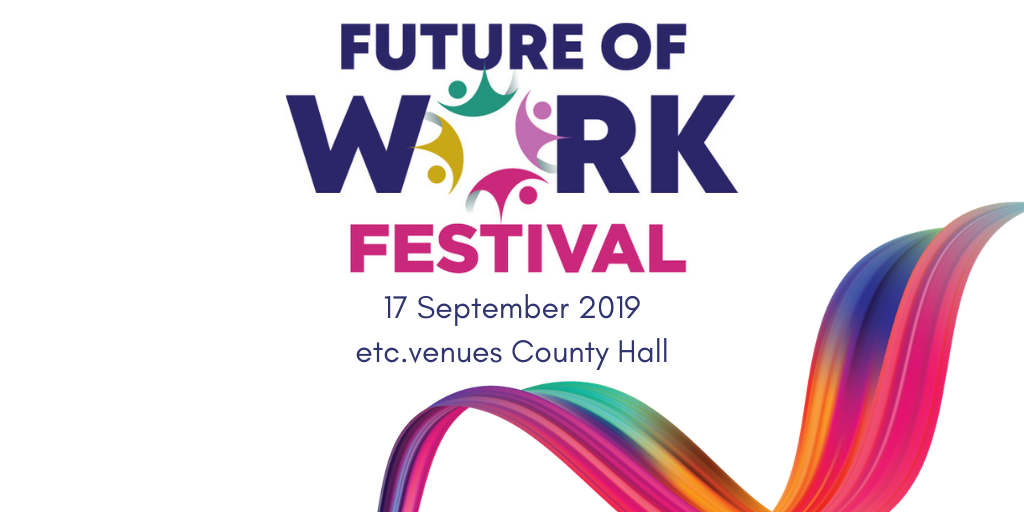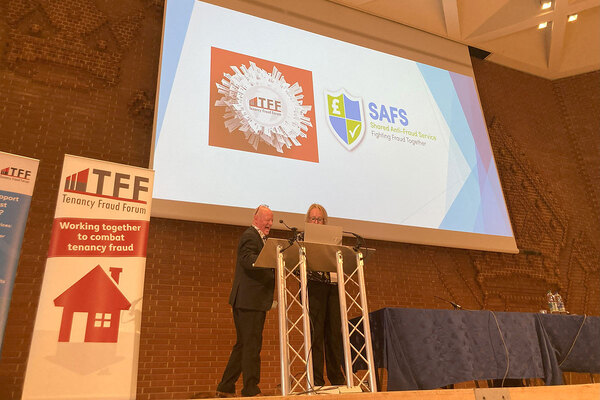You are viewing 1 of your 1 free articles
Staff must receive the protection they deserve
Exclusive Inside Housing research shows that assaults on frontline housing staff are on the rise. The sector must get better at protecting their employees, writes Peter Apps
Assaults on frontline staff are sadly all too common and on the rise. As our research this week reveals, instances of verbal and physical violence towards staff have risen by around 10% in 2018/19.
Staff report incidents ranging from being pelted with stones to threatened with strangulation. Worryingly, there is also an increase in incidents of staff being tracked down and targeted on social media.
There are several important things to say about this data. The first is that lone working in any sector comes with some risk. This is not a problem unique to social housing and all those engaging in the debate must be careful not to use lazy language that could stigmatise social tenants.
Nonetheless, it must be talked about. All businesses have a grave responsibility to protect their grass-roots staff from harm and board members must ask what measures are in place to protect staff.
Moreover, recent years have seen a welcome rise in society’s awareness of mental health and the impact of trauma after a violent event. If staff do become victims of assault – whether verbal, physical or online – it is the employer’s moral and legal duty to take care of them afterwards.
On this point, it is worth repeating the words of one anonymous worker who suffered panic attacks after being threatened.
“I got nothing, absolutely nothing – because it wasn’t a physical assault, it wasn’t deemed to be important. But it was very, very important to me,” she said.
“The only question my boss asked me was: ‘Are you getting support from your husband at home?’”
The organisation that this person works for has failed her and the sector as a whole must make sure her experience is not repeated in their businesses. Frontline staff are the link between a social landlord and the community it serves, and no business could function without them. They must receive the protection and support they need.
This week has seen the Grenfell United group of survivors and bereaved families literally shining a spotlight on the ongoing failure to make tower blocks safe, two years on from the devastating fire in west London.
One of the issues the group highlighted was fire doors – with a message beamed onto Cruddas Park House in Newcastle reading: “2 years after Grenfell, and the fire doors in this building still aren’t fit for purpose.”
Our research highlights the sheer number of towers around the country to which the same message applies. Since Grenfell, 33,522 defective fire doors have been identified but only 2,689 replaced with safe models.
It is hard to overstate the importance of this work. If a fire breaks out in a block – fire doors are the difference between life and death for residents who either cannot escape or are told to stay put.
It is clear this is a systemic problem and once again, it is social landlords who must roll up their sleeves and get on with fixing it.
But progress is frustratingly slow. While the point is rightly made that unclear government advice has not helped, this is no longer an excuse for inaction.
Landlords must now work out for themselves what is and isn’t safe. Fire safety cannot wait.
Peter Apps, deputy editor, Inside Housing
Future of Work Festival
New for 2019, Inside Housing’s Future of Work Festival will bring together HR and organisational development professionals from the housing sector to discuss and explore the challenges of how to successfully evolve towards the working environment of the future.
Seize this opportunity to rethink your workforces and workplaces by reconsidering the roles of individuals, organisations, automation technology and how society will approach work.
Assess and benchmark your business strategy with the leaders in the housing sector:
- Defining the Future of Work: what does it look like, what will be the implications, how do you rethink your workforce strategy?
- How to embed Electronic Data Interchange into your workforce, attract the widest pool of talent, be authentic and innovative, keep your workforce happy and productive, and position your brand
- Identifying, assessing and closing the skill gaps: what skills will be required in the future and how do you prepare for the undefined?
- Appealing to and maintaining a multi-generational workforce: how to address differing career aspirations, expectations, behaviours and values
- How best to implement the best tech, for example, big data, artificial intelligence, automation, blockchain and the Internet of Things. How will this change workplace skills and wages? How do you evolve towards a ‘STEMpathetic’ workforce?
- Providing your HR and OD department with the right skills and toolkits to revise talent, organisational structures and business models. Be social and environmentally friendly, and data driven – investing in disruptive tech, skills training and ethical use of tech
- Promoting well-being and employee experience
- Introducing training and learning as part of the career path
- Embracing agile working – understanding how flexible and alternative working arrangements can boost productivity
The festival will take place on 17 September, at Westminster Bridge, County Hall in London.












